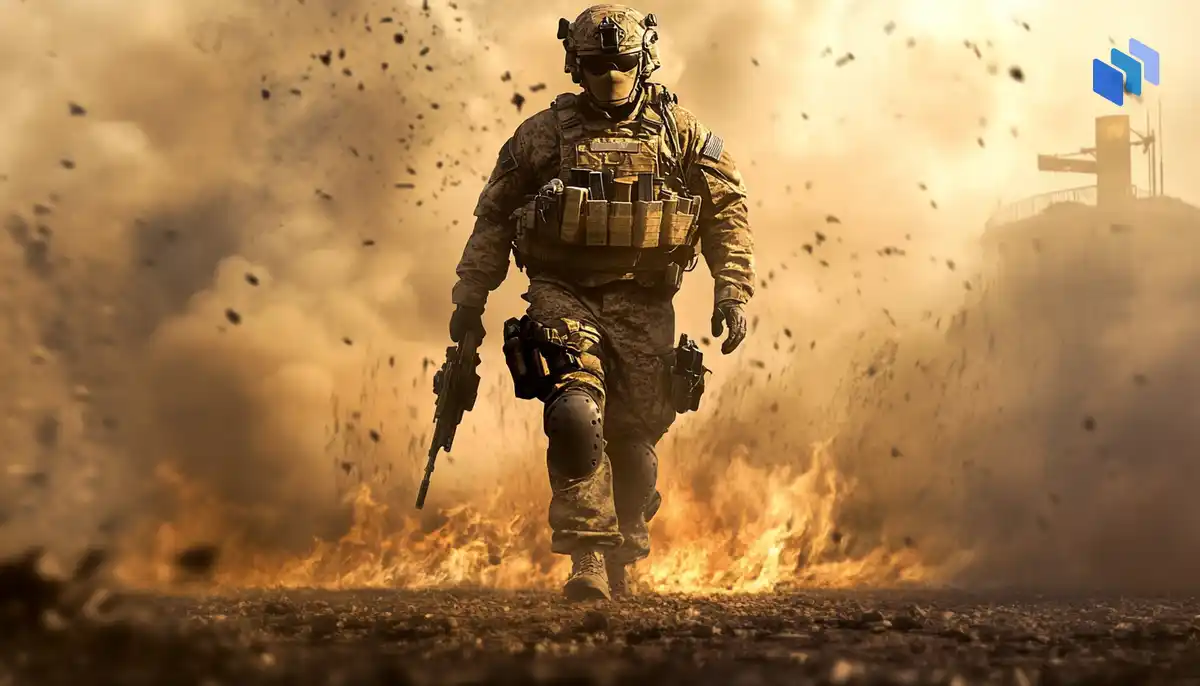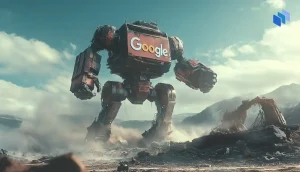What Does Information System Mean?
Information system (IS) refers to a collection of multiple pieces of equipment involved in the collection, processing, storage, and dissemination of information.
Hardware, software, computer system connections and information, information system users, and the system’s housing are all part of an IS. Personal computers, smartphones, databases, and networks are just some examples of information systems.
Enterprises and corporations use information systems to interact with their suppliers and customer base, perform their operations, manage their organization, and carry out their marketing campaigns.
They can be used for a broad variety of purposes, from managing supply chains to interacting with digital marketplaces. Individuals also rely on ISs to interact with peers and friends through social networks, carrying out everyday activities such as banking and shopping, or simply looking for knowledge and information.
Techopedia Explains Information System
There are several types of information systems, including the following common types:
- Operations support systems, including transaction processing systems.
- Management information systems.
- Decision support systems.
- Executive information systems.
An information system commonly refers to a basic computer system but may also describe a telephone switching or environmental controlling system.
The IS involves resources for shared or processed information, as well as the people who manage the system. People are considered part of the system because without them, systems would not operate correctly. IT professionals, programmers, system analysts, high-level managers, and help-desk workers are all part of an IS.
An "information systems triangle" is often used to explain how an IS consists of hardware components (such as computers), people and processes at the three vertices.
There are many types of information systems, depending on the need they are designed to fill. An operations support system, such as a transaction processing system, converts business data (financial transactions) into valuable information. Similarly, a management information system uses database information to output reports, helping users and businesses make decisions based on extracted data.
In a decision support system, data is pulled from various sources and then reviewed by managers, who make determinations based on the compiled data. An executive information system is useful for examining business trends, allowing users to quickly access custom strategic information in summary form, which can be reviewed in more detail.
Examples of IS
Some popular TV shows can be actually considered as an amazing and unexpected example of IS. In talent shows, the TV audience is asked to cast their vote to determine which candidates will advance to the next stage of the show.
The system that captures the votes and records them is the hardware computer, the steps through which these votes are cast (phone call, text, or online poll) and the rules that determine who is eliminated are the process, and the voters are the people involved with the system.
The census tabulator invented by Herman Hollerith in 1890 to automate the tabulation work of the U.S. census is considered the first large-scale mechanical information system.





